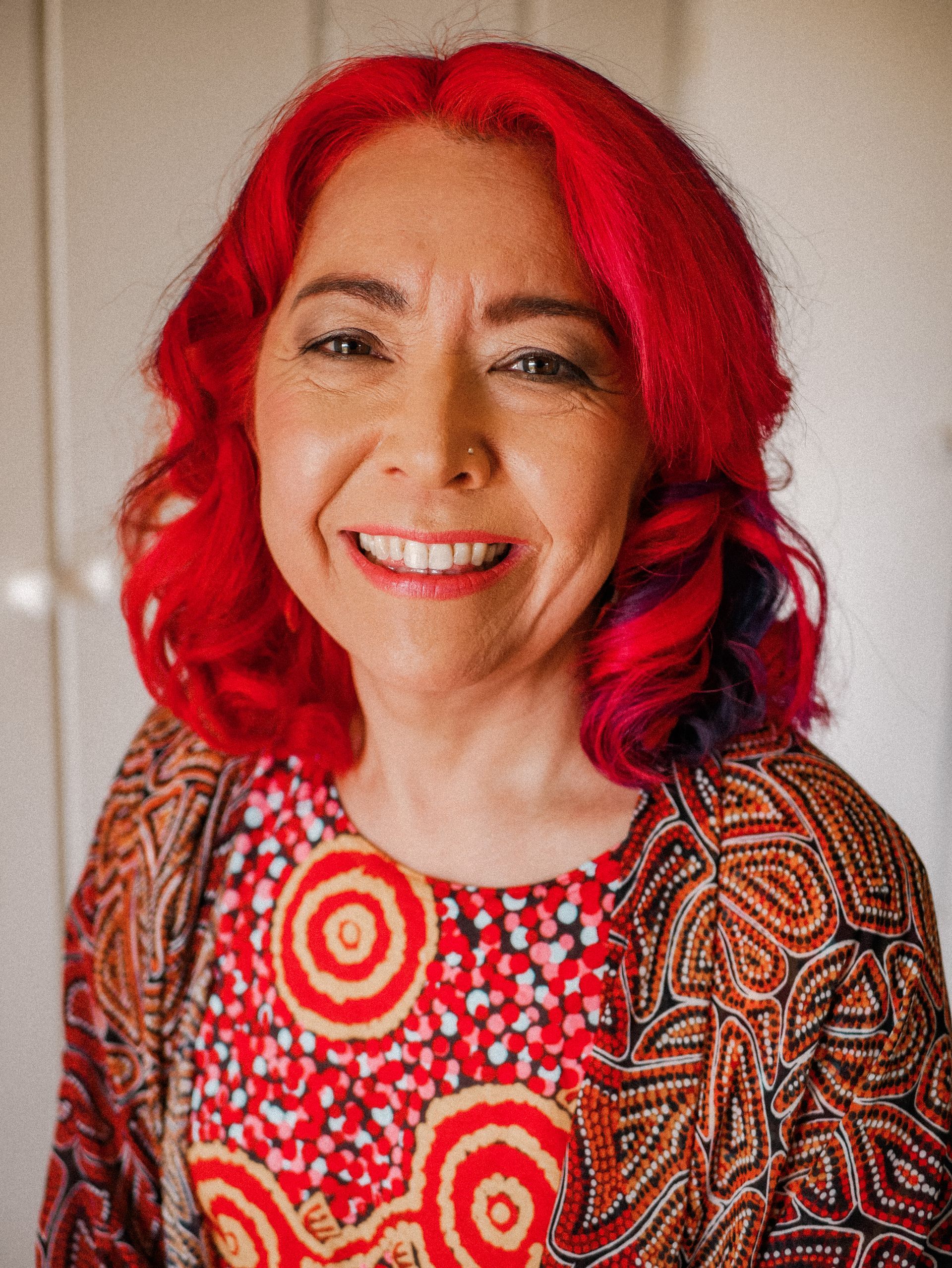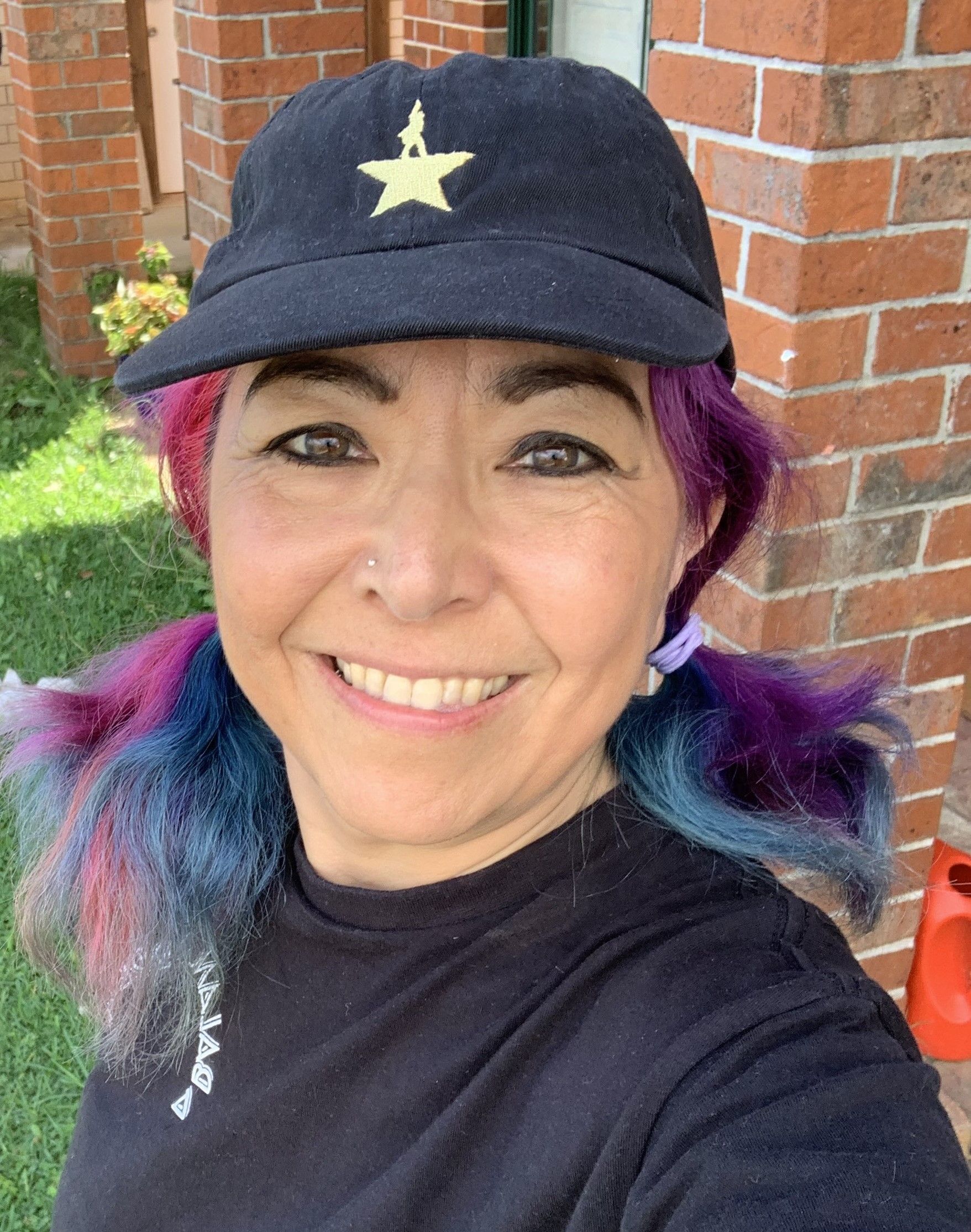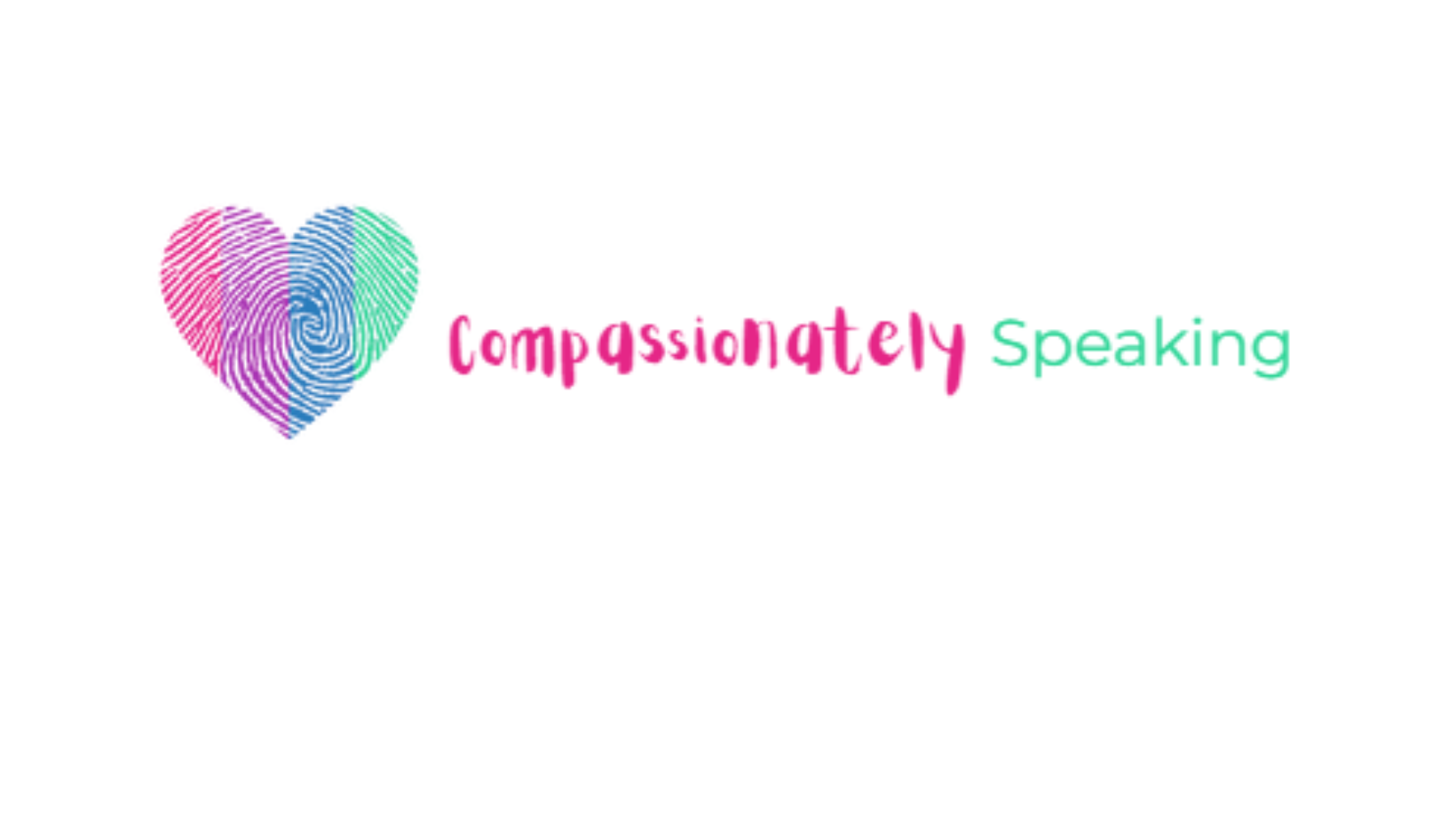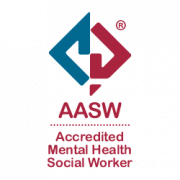Be The Change You Want To See
Be the change you want to see.
Practice what you preach.
These are sentences that we have heard before, but how many of us actually do this, particularly in the human services sector?
I recall working in an organisation where a staff member had an issue with me, which lead us to mediation.
During mediation, she remarked that she
did not believe I was able to change.
This concerned me.
How can you work in the human sector if you do not believe that a person can change?
Aren’t we working with clients towards change?
Even worse, perhaps this person had one ideal for clients but failed to recognise, that we should also be practicing our beliefs and expectations.
Just as parents model to their children, workers in the human services sector need to be modelling behaviour in the workplace that they expect of their clients.
In another organisation I observed many concerning behaviours including
verbal abuse and
gaslighting.
When these concerns were raised, rather than call out and address the behaviour, the people in each scenario were simply
moved to another area of the organisation.
Clients were not permitted to display this behaviour, but the organisation allowed it in the workplace.
Not just that, but it was expected that partners of clients who displayed this type of behaviour would stand up to them and condemn the behaviour,
yet the organisation turned a blind eye.
If an organisation was unwilling to address the issue, why was it expected of clients?
Workers ask many things of clients but are they willing to do these things themselves? What is the culture of the organisation?
Are we
practicing what we preach or is it a case of 'do as I say' not 'do as I do'?
Does this then make us imposters or human?
Like our clients, we too are a work in progress and ought to be reflecting and perfecting.
We need to acknowledge when we have not achieved and work towards change.
Research tells us that
connection is important and can be the protective factor that prevents or at least
minimises mental health issues, illicit substance use, problematic alcohol use, and the like.
If we know this, why are organisations not better at working together?
Why do so many continue to work on their own?
We need to be better at working together and working from a
strengths based perspective.
Instead of looking at the deficits such as not enough funding, look at what you do have, be
solutions focused and not problem saturated.
Do you know what assets your team brings? Get to know them.
Can they bake?
Do they speak a different language?
What are their interests?
What can they bring to the table?
Be creative in your solutions.
Work together to resolve situations.
Are you able to collaborate with another organisation or person?
If we expect it from our clients, then
we need to expect if of ourselves.
It is time to change the culture and model
appropriate behaviour and practice.
Let us not be afraid of admitting when we have been wrong or that we too
can improve.
Would you like to learn more?
Is it time to develop a cultural change?
Contact me today to discuss your needs and let’s work together to create a
brighter future
for yourself, your organisation and our community.
Annamarie C










